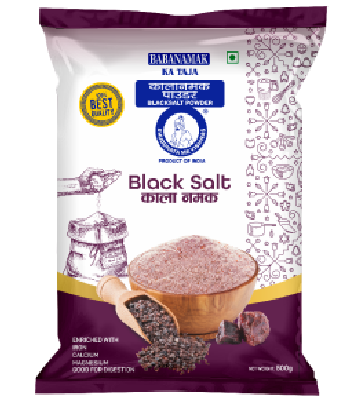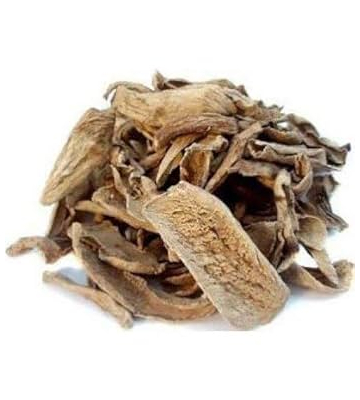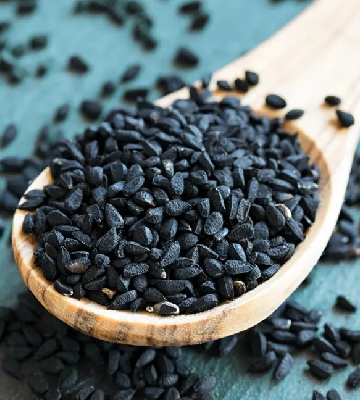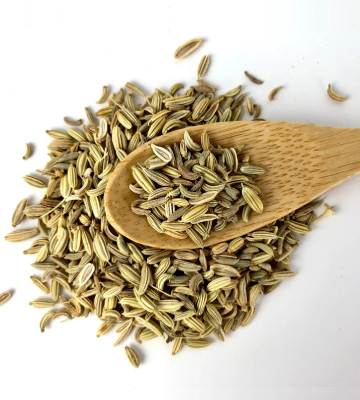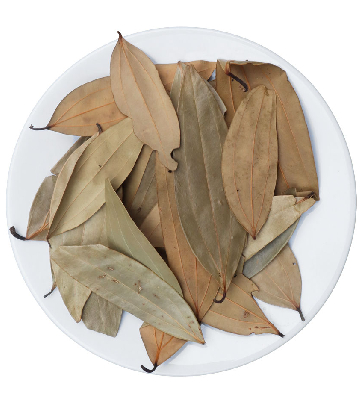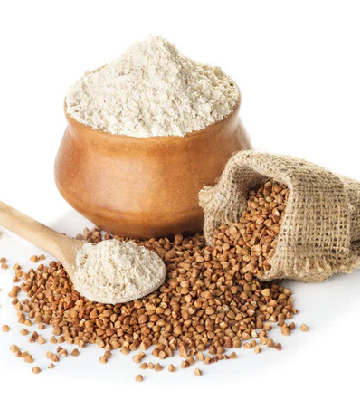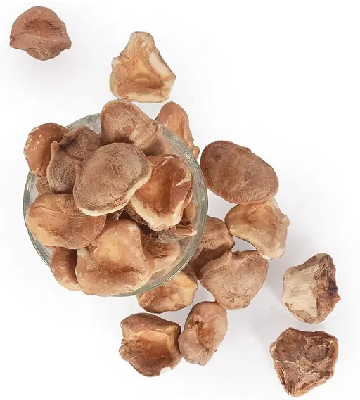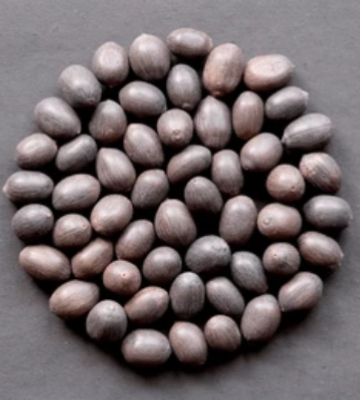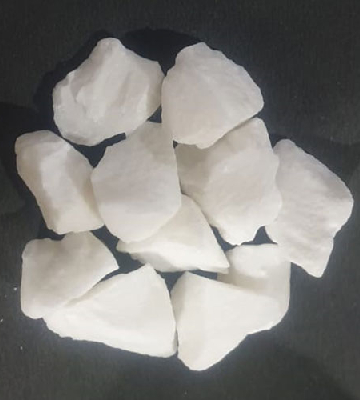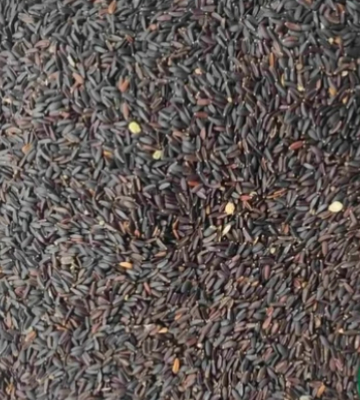
Buckwheat (Kuttu)
Buckwheat, despite its name, is a gluten-free pseudocereal derived from the seeds of the Fagopyrum esculentum plant. Known for its nutty flavor and versatile culinary uses, buckwheat is widely incorporated into porridge, pancakes, noodles, and baked goods. Unlike refined grains, buckwheat remains completely natural, unprocessed, and chemical-free, making it a healthy staple for daily meals and traditional recipes.
Rich in protein, fiber, antioxidants, magnesium, and essential amino acids, buckwheat supports digestion, improves heart health, and aids in maintaining stable blood sugar levels. Including buckwheat in your diet can enhance energy, promote satiety, and contribute to overall wellness. Its nutrient-dense properties and naturally gluten-free composition make it an essential ingredient for health-conscious cooking and modern dietary practices.
Buckwheat – The Nutritious Gluten-Free Grain for Health & Flavor
Buckwheat, despite its name, is a gluten-free pseudocereal derived from the Fagopyrum esculentum plant. Known for its nutty flavor and versatile culinary uses, buckwheat is widely incorporated into porridge, pancakes, noodles, and baked goods. Completely natural, unprocessed, and chemical-free, it is a healthy staple for daily meals and traditional recipes.


Origin & History
Buckwheat has been cultivated for centuries in Asia and Europe. Though not a true cereal, it became a staple grain in regions where wheat or rice were scarce. Traditionally, it has been valued for its health-promoting properties and adaptability in gluten-free diets.
Culinary Uses of Buckwheat
- Used in porridges, pancakes, and crepes for breakfast or snacks.
- Ground into flour for gluten-free baking and noodles.
- Added to soups, salads, and stir-fries for a nutty flavor.
- Included in traditional dishes like soba noodles, kasha, and buckwheat bread.
Health Benefits of Buckwheat
- Gluten-free and easy to digest, suitable for sensitive diets.
- Rich in protein, fiber, magnesium, and essential amino acids.
- Supports heart health and regulates blood sugar levels.
- Boosts energy, satiety, and overall wellness.
- Contains antioxidants that help in natural detoxification.
How to Store Buckwheat
Store buckwheat in a cool, dry, airtight container away from sunlight and moisture. Proper storage preserves freshness, flavor, and nutrients for up to 12 months.
Conclusion
Buckwheat is a versatile, nutrient-rich, and gluten-free grain that enhances both flavor and health in your meals. Incorporating buckwheat into your diet promotes wellness, supports digestion, and offers a delicious alternative to traditional grains, making it a must-have in health-conscious kitchens worldwide.


